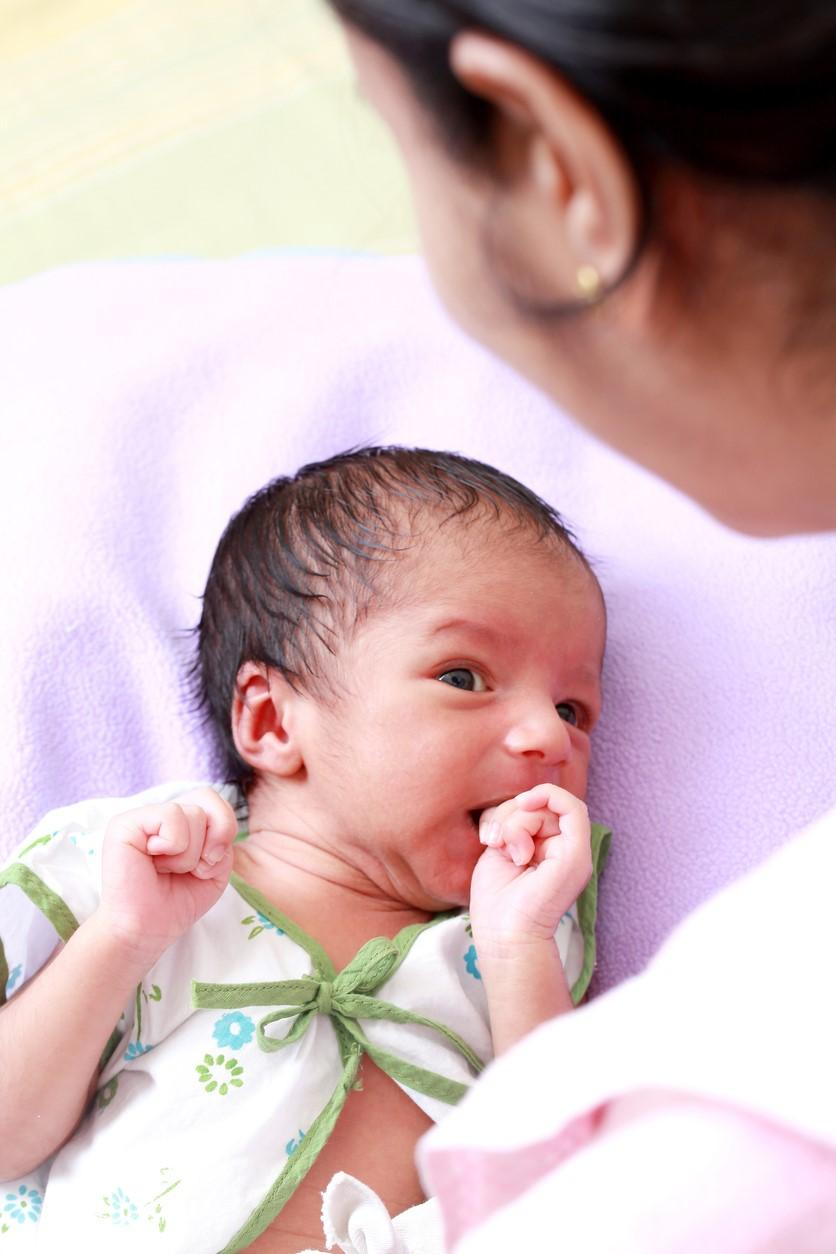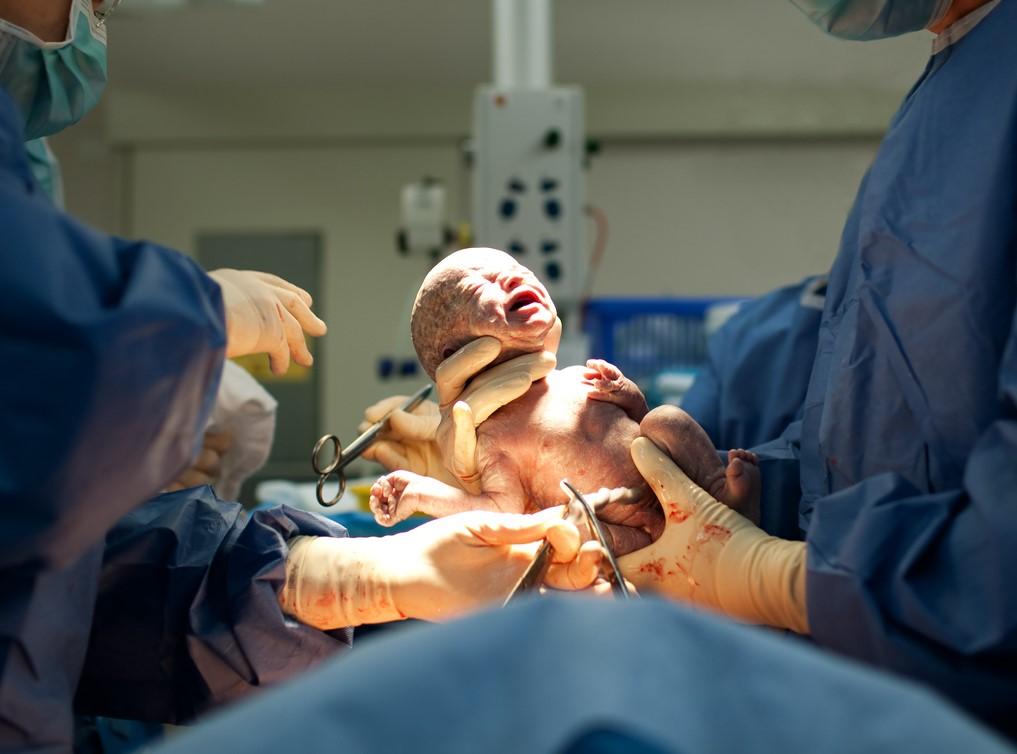
The children of women infected with dengue virus during pregnancy are much more likely to be born at a very or extremely low birth weight, which can negatively affect their health for at least the first 3 years of life, suggests a study published in the American Economic Journal: Applied Economics.
Researchers from the University of Surrey and the University of Birmingham analyzed a large dataset on dengue-infected pregnant women and birth outcomes in southeastern Brazil.
Dengue fever is the most common mosquito-borne illness in the world. "There has been a dramatic rise in cases over recent years, with cases in the Americas reaching more than three million cases in 2023," the study authors wrote. "Since January 2024, Brazil has reported more than 3.5 million cases, marking the largest dengue outbreak on record."
67% and 133% higher risk of very, extremely low birth weight
The newborns of women who had even mild dengue fever during pregnancy had a 67% and 133% greater risk of being classified as very and extremely low birth weight, respectively. From birth to 3 years, the children were at a 27% higher risk of hospitalization, with a 76% increase in risk at 2 years.














